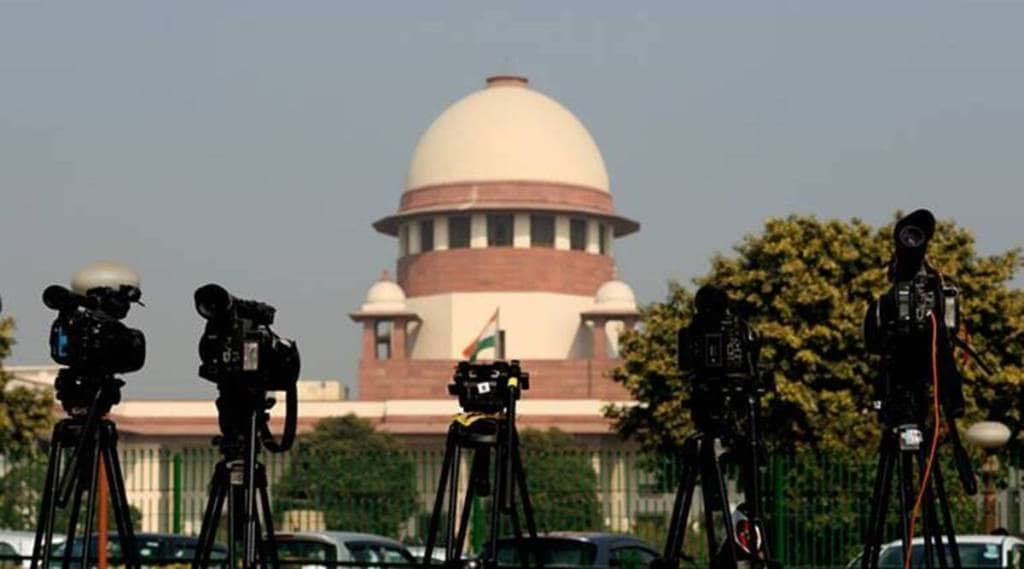The Supreme Court today took strong exception to an affidavit filed by the Ministry of Home Affairs in a plea filed by 1993 Bombay blasts convict Abu Salem challenging the 2017 judgment that sentenced him to life imprisonment. Salem has claimed that the sentence was against the terms of an extradition treaty.
In an affidavit filed in the apex court by Union Home Secretary Ajay Kumar Bhalla, the Centre claimed that Salem’s plea stating that his imprisonment could not extend beyond 25 years as per the terms of an extradition treaty, was “premature”. The Centre further said that it was bound to honour its word to Portugal in 2002 regarding the terms of the extradition, but it would take a decision on the matter at an “appropriate time” as the question would arise only in 2030.
Taking a stern view of the Home Secretary’s affidavit, a bench of Justices Sanjay Kishan Kaul and MM Sundresh noted that the Centre’s affidavit was “superfluous” and “attempted to lecture the judiciary”, reported Bar&Bench.
“Home Secretary seems to tell us we should decide the appeal. It is not for him to tell us. Please understand this. What we have to do, we will do. He should not be telling us after two opportunities to file the affidavit. I don’t take it very kindly,” Bar&Bench quoted Justice Kaul as saying.
The court also rejected the Centre’s argument that the question of the Indian government honouring the 2002 assurance that “Abu Salem…would not be visited by death penalty or imprisonment for a term beyond 25 years” would only arise in November 2030. The court said that the Centre must articulate its stand today and that it was not in favour of dragging its feet on the matter “simply because the Centre did not wish to argue on merits”.
The court also frowned upon the tenor of the affidavit that said that Salem’s “attempt to club the assurance with merits of the present case is legally untenable”.
“Therefore, there is no question of the convict-appellant arguing anything at this stage based upon the said assurance while arguing the present appeal (against his conviction) on the merits of the case which can be argued only based upon the investigation papers, evidence collected…and the findings of the designated court,” the Centre had stated in its affidavit, adding that it is the “respectful submission of the Central Government that this Hon’ble Court may decide the appeal on merits.”
“As to what this Court has to do or not, is for the Court to decide,” the bench said in a stern response, adding that it did not reflect well on the highest level of government that despite multiple opportunities, it had been unable to take a stand it was duty-bound to take.
Posting the matter for hearing on May 5, the court said it will hear the parties’ arguments on the jurisdiction exercised by the Terrorist and Disruptive Activities (Prevention) Act (TADA) Court in granting a sentence beyond 25 years and the “set off” period, specifically if it would arise from the incarceration before the Portugal court or independently seen.

